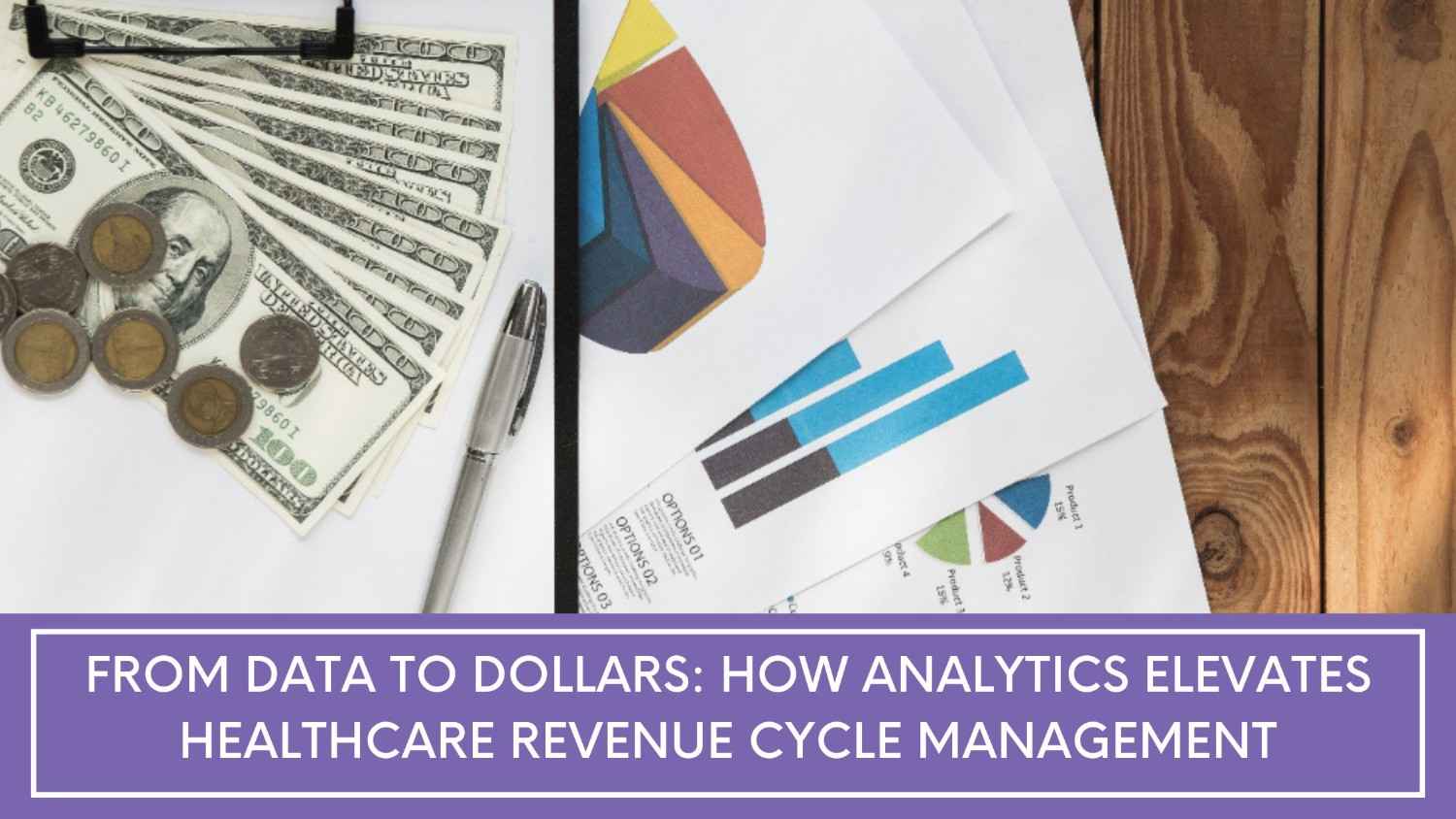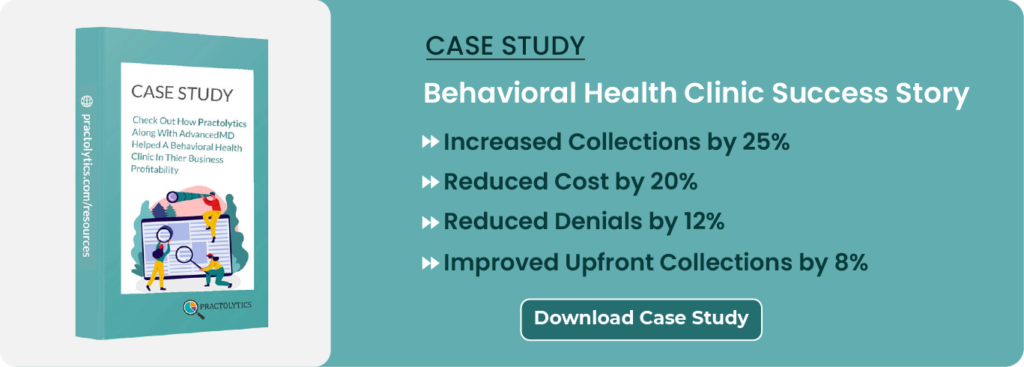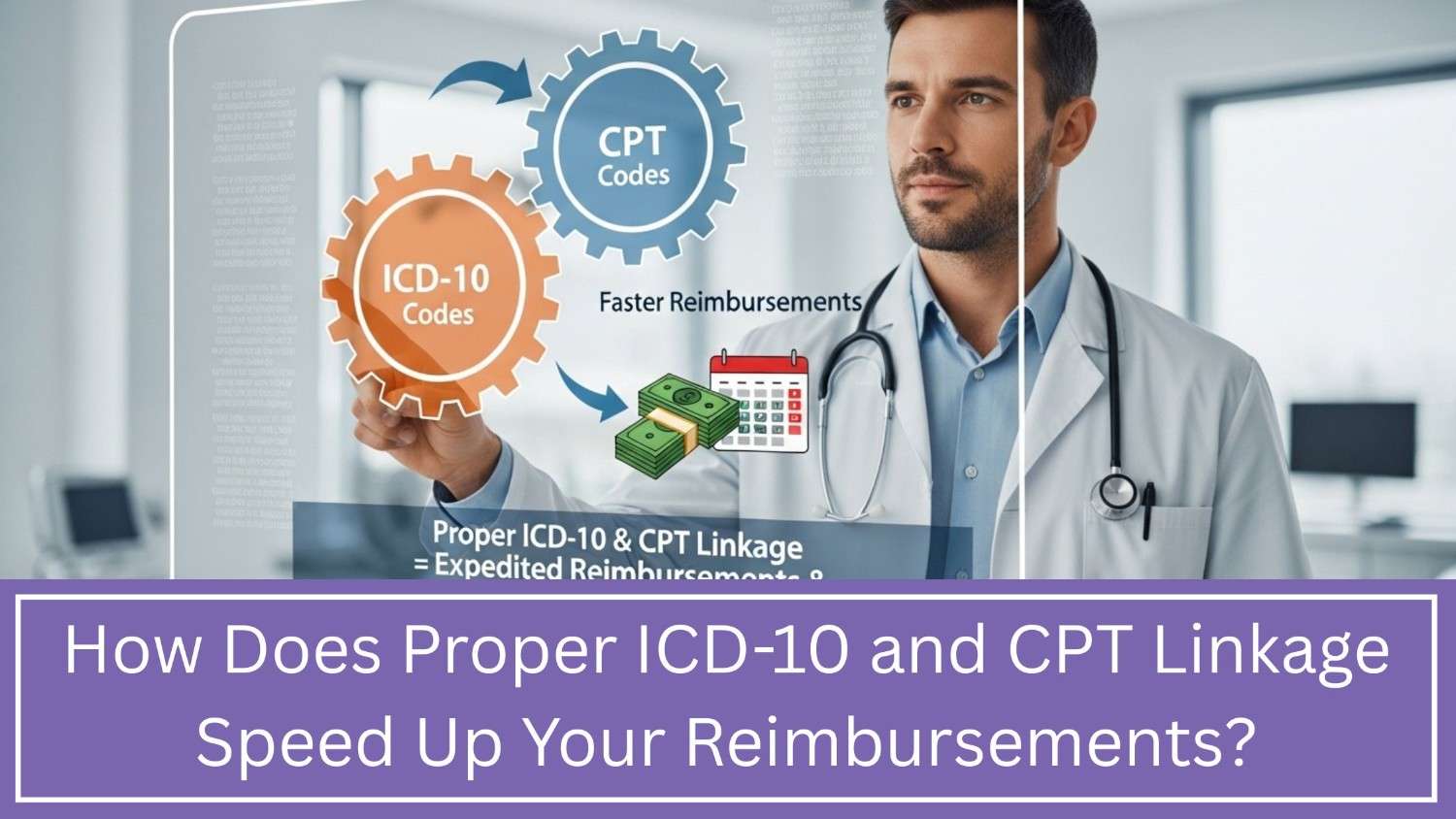From Data to Dollars: How Analytics Elevates Healthcare Revenue cycle Management
Have you ever thought about how healthcare practices can have better finances without losing the focus on care delivery? The answer is to use advanced analytics to optimize the healthcare revenue cycle management services. Through data-driven insights, healthcare personnel are discovering new ways to improve efficiency, reduce errors, and accelerate cash flows. Predictive tools can help pinpoint areas for improvement, streamline billing systems, and reduce all sorts of revenue loss. This means that advanced analytics enable a more proactive approach to financial management, allowing healthcare professionals to expand their practice while still providing quality care to patients.
Table of Contents
What is Healthcare Analytics?
Healthcare analytics uses data and technology to improve decision-making and make operations more efficient. By analyzing data from different areas of medical operations, practitioners can find patterns, track performance, and predict future outcomes. In revenue cycle management, analytics help identify problems, reduce revenue loss, and support better decisions that lead to profits.
Using Data-Driven Insights for Cash Flow Improvement
Increased cash flow is one of the most important advantages of advanced data analysis to RCM. Most healthcare facilities struggle with cash shortages due to payer delays, claim denials, or poor insurance payments. These real-time analytics will provide a far better insight into the healthcare practice’s financial performance. Predictive analytics, for example, can utilize prior billing information and trends to forecast cash flow requirements, providing practices with visibility to better manage their resources and prevent financial difficulties.
Furthermore, data-driven insights can assist practitioners in identifying bottlenecks or problems in their billing operations. Whether claims are frequently rejected due to coding problems or a lack of documentation, healthcare analytics will identify these issues early on, allowing practices to address them before submitting the claims again. This will result in a faster processing of payments, with a high probability that claims will be paid on the first try.
Streamlining Healthcare RCM Processes with Analytics
Healthcare RCM is aiming to win in terms of efficiency. Every step of the revenue cycle, right from registering patients to medical billing, has the potential to raise or increase cash flow. Data Analytics enables practitioners to analyze each stage of the RCM workflow to identify bottlenecks and enhance productivity.
A practice, for example, could spot holes in its patient flow by analyzing appointment scheduling data. Is there an overflow in the appointment scheduling process that causes delays for patients? Are some physicians underbooked while others are overbooked? As a result, with this information, practitioners can optimize their schedules, improve patient access, and boost revenue over time.
Advanced analytics can also assist in automating several routine processes, such as the submission and follow-up of claims. Machine learning algorithms are utilized to find trends in previous claims, allowing a practice to automate all of the operations. Instead, you save time and lessen the likelihood of human error. Administrative burdens on medical practitioners restrict the amount of time available for patient care.
Optimizing Financial Performance Using Predictive Analytics
Predictive analytics is the game-changer for healthcare RCM. Their predictive approach, which uses pattern recognition on historical data, can accurately anticipate future financial outcomes. For example, they can detect patients who are likely to miss payments or payers who are consistently late with reimbursement. With this insight, practices will be better able to address these issues proactively, such as by allowing payment plans for high-risk patients or requiring insurance companies that pay late to pay faster or on better terms.
Reducing Revenue Leakage with Data Insights
Most medical facilities experience revenue leakage at some time in their operations. It is caused by the loss of revenue chances that they should have had due to errors, inefficiencies, as well as missed possibilities. Advanced medical analytics will reduce revenue leakage by revealing hidden revenue streams and closing gaps in the RCM operation.
Analytics would also detect any missed charges or underpayments. For example, medical coding data analysis assists healthcare practitioners in ensuring that all services provided are properly documented and paid. Analyzing payer denials and underpayments would reveal trends, enabling more effective negotiations with payers to seek higher reimbursement levels.
Since cutting revenue leakage directly helps a practice’s bottom line, such practices are likely to maximize the revenue they receive for the services they deliver. Since outsourcing your RCM with analytics can also be of value to you in achieving this, let’s discuss this further.
Why consider outsourcing your RCM with analytics?
Using healthcare analytics in revenue cycle management (RCM) can be very helpful, but it requires a lot of time and effort. For many medical practices, it’s a smart choice to outsource RCM services to experts like Practolytics. Outsourcing gives medical facilities access to advanced equipment, data analysis, and industry knowledge without the need to spend on expensive tools or hire new staff.
By outsourcing RCM, healthcare professionals can concentrate on what matters most: providing outstanding care. Working with RCM specialists can help improve billing processes, reduce administrative work, and allow practices to make quick, informed decisions using data analytics. Outsourcing simplifies operations and lowers costs, leading to better financial results while still ensuring excellent care.
Practolytics is a well-rounded RCM company that offers services tailored to each provider’s needs. With years of experience in medical billing, Practolytics helps practices manage their revenue cycle from claim submission to payment. They fine-tune each step to ensure faster payments, fewer mistakes, and better financial health. Let Practolytics take the burden off your practice so you can focus on delivering great care to your patients while boosting your profits.
ALSO READ – Driving Revenue Growth: Strategic Billing Solutions for Behavioral Health Practices
10 Essential Steps to Streamline Revenue Cycle Management in Healthcare Practices
Talk to Medical Billing Expert Today — Get a Free Demo Now!






